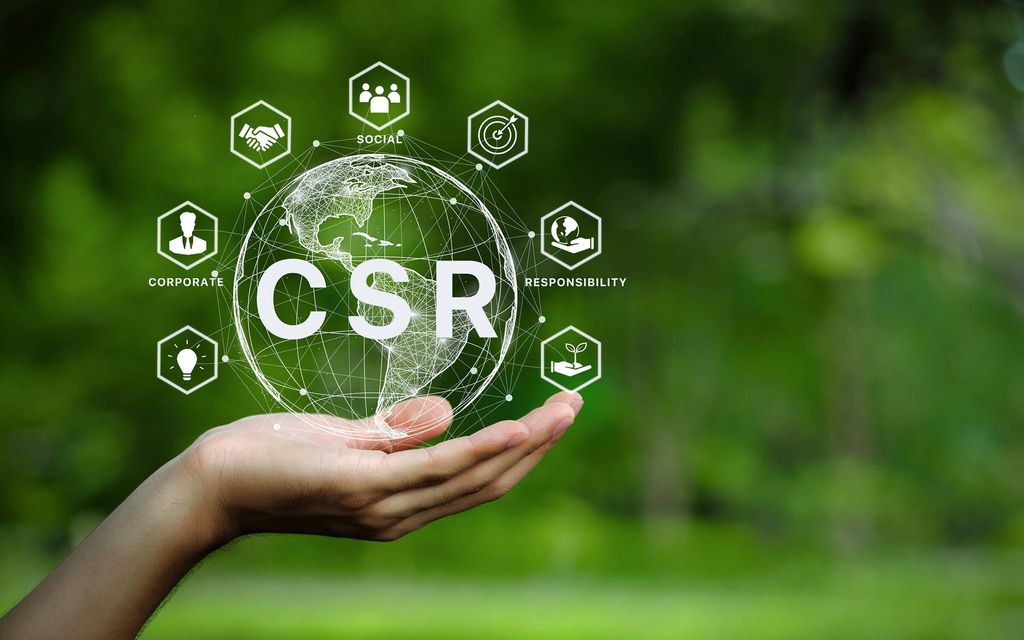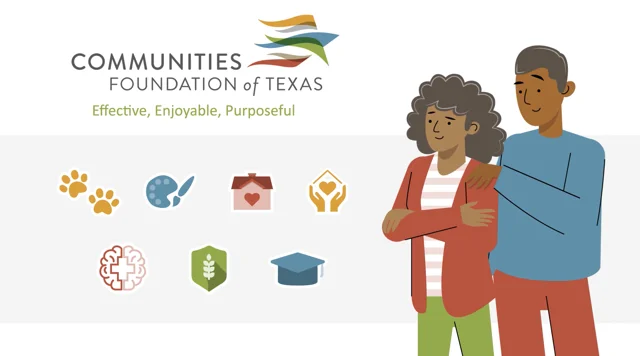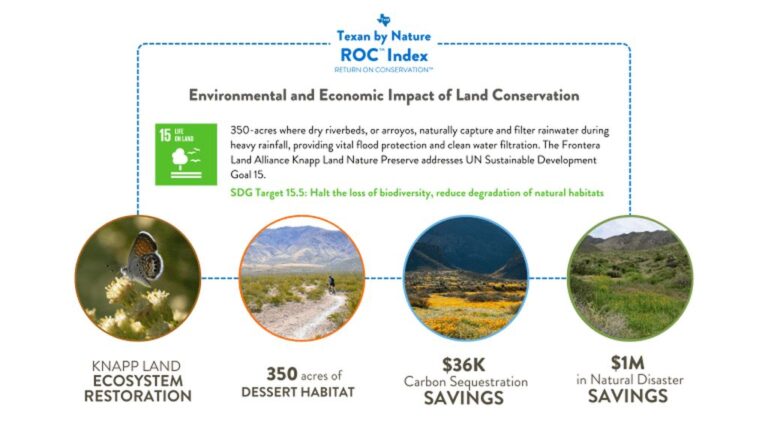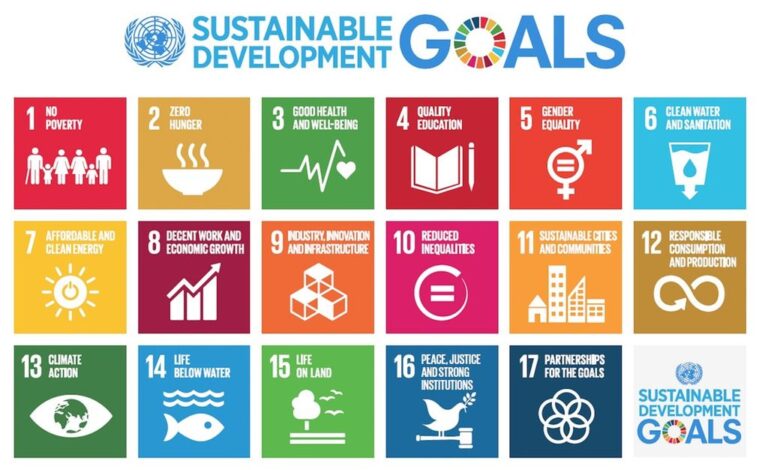Social Responsibility and Philanthropy in Texas’s Corporate World: Making a Difference
In the bustling economy of Texas, corporations are no longer judged solely by their profits. Today, businesses are increasingly evaluated on their commitment to social responsibility and philanthropy. Texas, home to global energy leaders, innovative tech startups, and diverse industries, has emerged as a hub for corporate initiatives that blend economic growth with meaningful contributions to society.
This article explores how Texas corporations integrate social responsibility and philanthropy into their operations, offering a blueprint for balancing profitability with purpose. From environmental sustainability to community engagement, let’s dive into how these efforts are shaping the future of Texas and its people.
What is Corporate Social Responsibility?

Corporate Social Responsibility (CSR) refers to a company’s commitment to ethical practices, sustainability, and giving back to the community. For Texas corporations, CSR is not just a moral obligation but a strategic business decision. It fosters trust, builds stronger communities, and ensures long-term success.
In Texas, CSR efforts focus on key areas:
- Environmental Sustainability
Texas is a leader in energy production, and its corporations are investing in renewable energy sources like wind and solar. For instance:- ExxonMobil has committed billions to carbon capture technology and renewable energy projects.
- Shell is transitioning its operations towards sustainable energy solutions, reducing its carbon footprint significantly.
- Diversity and Inclusion
With its multicultural population, Texas-based companies prioritize workplace diversity. Initiatives by companies like Dell Technologies and American Airlines aim to ensure equal opportunities, offering training programs, mentorship, and leadership development for underrepresented groups. - Community Engagement
Community well-being is a cornerstone of CSR in Texas. Grocery chain H-E-B, for example, stands out with its disaster relief contributions, including over $10 million in aid during Hurricane Harvey, and annual educational scholarships for underserved students.
Philanthropy: A Foundation of Texas Corporate Culture

Philanthropy remains a defining aspect of Texas’s corporate ethos. Companies recognize that giving back is not just about writing checks; it’s about building partnerships, fostering community resilience, and creating long-lasting change.
1. Charitable Donations
Texas corporations are major contributors to non-profit organizations across various causes:
- AT&T donated over $100 million in 2022 to support digital literacy and education programs nationwide.
- Southwest Airlines has consistently funded organizations addressing homelessness, youth mentorship, and disaster recovery.
2. Employee Volunteerism
Volunteer programs are an integral part of corporate culture in Texas. For instance:
- Southwest Airlines recorded over 50,000 hours of employee volunteer service in 2023.
- Many companies, such as Texas Instruments, offer paid volunteer days, allowing employees to support causes close to their hearts.
3. Educational Initiatives
Education is a priority for Texas corporations. Programs like the ExxonMobil Foundation’s grants for STEM education and Dell Technologies’ youth coding workshops empower the next generation of leaders.
Why CSR and Philanthropy Matter for Businesses
Beyond societal benefits, CSR and philanthropy provide tangible advantages to businesses:
- Enhanced Brand Loyalty
Studies show that consumers are 80% more likely to trust and purchase from companies committed to social causes. In Texas, corporations like H-E-B and Whataburger have built strong customer loyalty by aligning their values with community needs. - Improved Employee Engagement
Employees are increasingly drawn to companies that prioritize social responsibility. Businesses that invest in CSR see higher retention rates, as employees feel proud to work for organizations that contribute positively to society. - Increased Investor Confidence
Sustainable business practices attract investors looking for long-term value. Texas companies demonstrating leadership in CSR, such as NextEra Energy and Chevron, have seen growth in investor confidence and share value.
Texas’s Unique Approach to CSR and Philanthropy

Leveraging Local Strengths
Texas corporations often tailor their efforts to address local challenges. For example:
- The Permian Strategic Partnership, a coalition of oil companies, has invested millions in infrastructure, healthcare, and education in West Texas.
- Tech firms in Austin are spearheading digital literacy programs to bridge the digital divide.
Collaborations with Non-Profits
Many Texas companies collaborate with non-profits to amplify their impact. Partnerships between corporations and organizations like the Texas Food Bank Network or Habitat for Humanity have helped address issues such as food insecurity and affordable housing.
Embracing Innovation
Innovation is a hallmark of CSR in Texas. Companies are exploring technologies to enhance sustainability, such as AI for optimizing energy use or blockchain for supply chain transparency.
The Future of CSR and Philanthropy in Texas
As we look ahead, the role of CSR and philanthropy in Texas’s corporate world will only grow. Here are some predictions:
- Increased Focus on Climate Change
With rising awareness about environmental issues, Texas corporations will likely double their investment in renewable energy and carbon-neutral technologies. - Expansion of Digital Education
As Texas becomes a tech hub, expect more companies to launch initiatives that equip students and professionals with digital skills for the future. - Stronger Public-Private Partnerships
Collaboration between corporations and government entities will play a vital role in addressing challenges like affordable housing, healthcare, and infrastructure.
Conclusion: Driving Change, Creating Impact
Texas’s corporate world is setting an example by intertwining profitability with purpose. Through their CSR and philanthropic efforts, companies are building stronger communities, fostering innovation, and addressing critical social issues.
For businesses in Texas, the question is no longer whether to invest in social responsibility but how to maximize their impact. As corporations continue to lead in areas like renewable energy, diversity, and community engagement, they are not only enhancing their reputation but also paving the way for a sustainable and inclusive future.
Q&A: Social Responsibility and Philanthropy in Texas’s Corporate World
Q1: What is corporate social responsibility (CSR), and why is it important for Texas businesses?
A1: Corporate social responsibility (CSR) involves businesses adopting ethical practices, prioritizing sustainability, and giving back to their communities. For Texas companies, CSR is vital as it builds trust with customers, strengthens community ties, and ensures long-term business success. It also aligns businesses with global efforts to address issues like climate change and social inequality.
Q2: How are Texas corporations contributing to environmental sustainability?
A2: Texas corporations are leading the way in environmental sustainability by investing in renewable energy sources such as wind and solar power. Companies like ExxonMobil and Shell are developing carbon capture technologies and transitioning to cleaner energy. Additionally, many businesses are adopting eco-friendly operations to reduce waste and conserve resources.
Q3: What are some examples of philanthropic efforts by Texas companies?
A3:
- Charitable Donations: AT&T has funded education programs, while H-E-B donates millions to disaster relief and hunger initiatives.
- Employee Volunteerism: Southwest Airlines encourages employees to volunteer, logging over 50,000 hours annually.
- Educational Support: Dell Technologies runs STEM education programs to equip young people with digital skills.
Q4: Why is diversity and inclusion a key focus for Texas corporations?
A4: With a diverse population, Texas businesses recognize the importance of fostering inclusive workplaces. Diversity programs ensure equal opportunities, attract top talent, and enhance creativity within teams. Companies like American Airlines and Texas Instruments have implemented initiatives to support underrepresented groups and promote leadership development.
Q5: How does CSR benefit businesses in Texas?
A5: CSR enhances brand reputation, attracts socially conscious consumers, and improves employee engagement. Additionally, sustainable practices draw investors and ensure long-term growth. For example, companies that prioritize CSR, like NextEra Energy, have seen increased investor confidence and customer loyalty.
Q6: What are the future trends in CSR and philanthropy in Texas?
A6: Future trends include a stronger focus on combating climate change, expanding digital education initiatives, and increasing collaborations between corporations and non-profits. Texas companies are expected to invest heavily in renewable energy, community healthcare, and affordable housing to address pressing societal challenges.
Q7: How can smaller businesses in Texas participate in CSR and philanthropy?
A7: Small businesses can contribute by partnering with local non-profits, organizing volunteer events, or adopting sustainable practices like reducing waste. Even small-scale efforts, such as supporting local schools or hosting community events, can make a meaningful impact.





















